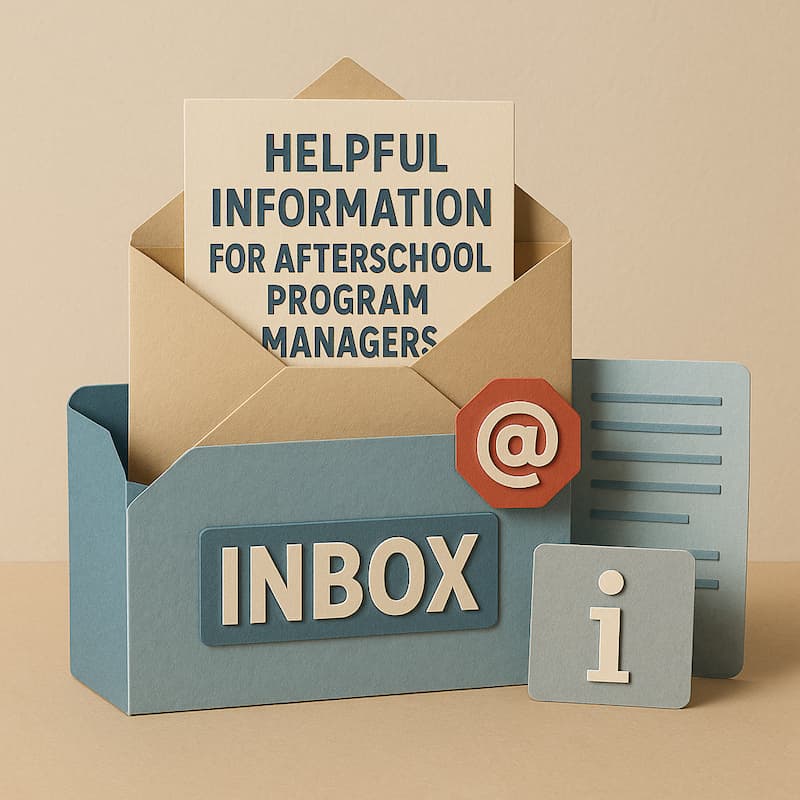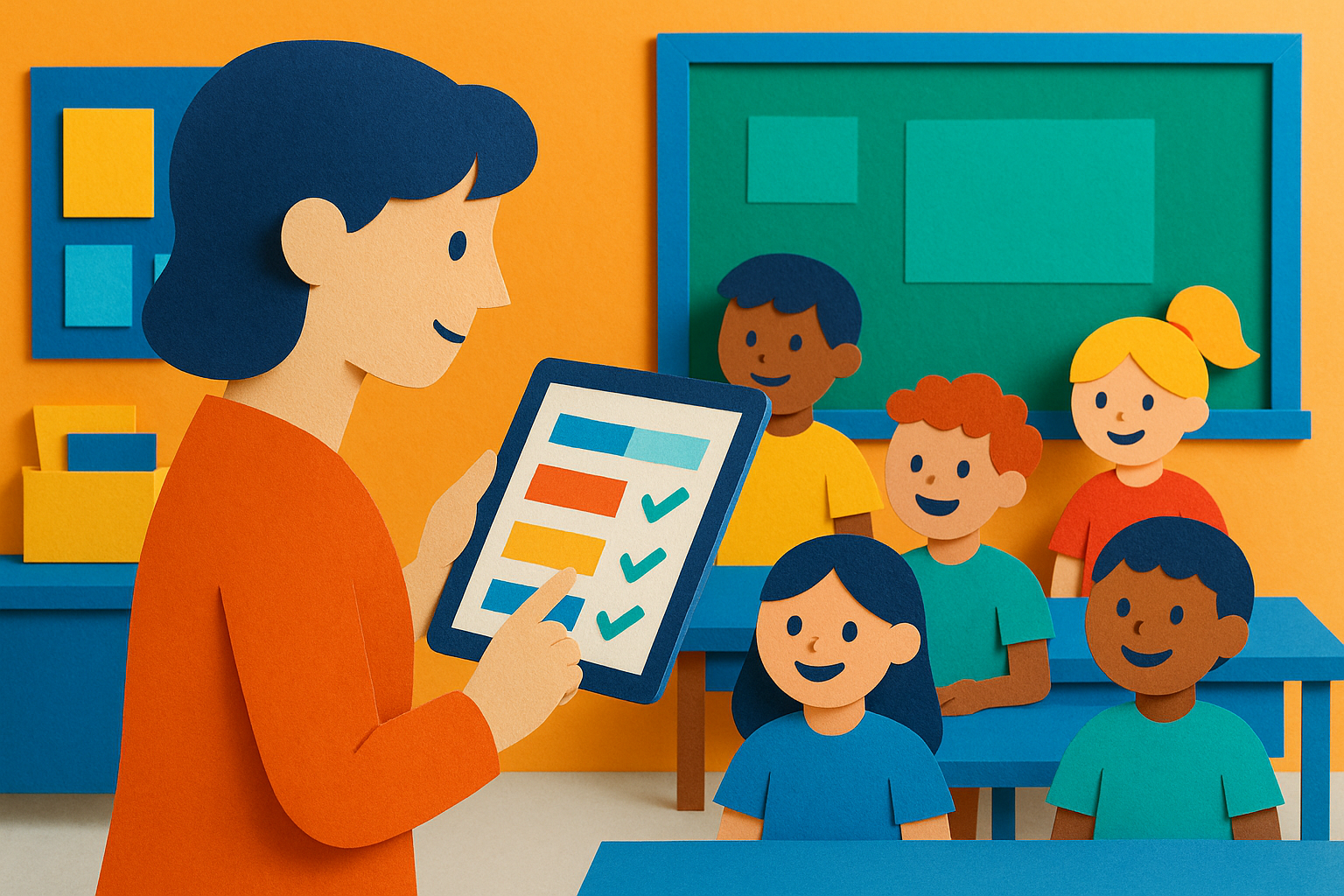Expanded Learning Opportunities Programs (ELOPs) play a crucial role in providing enriching afterschool and summer programs for students. However, the complexities of securing and managing ELOP funding can be challenging. This guide outlines the key requirements and best practices to help ensure your program not only meets state guidelines but also maximizes its impact on students.
Understanding ELOP Funding Requirements
The Expanded Learning Opportunities Program (ELOP or ELO Program) in California is designed to provide comprehensive afterschool and summer school enrichment opportunities for students from transitional kindergarten through sixth grade. Participation in ELOP funding is mandatory for Local Educational Agencies (LEAs), and there are several critical requirements to keep in mind:
Program Requirements:
- Mandatory Participation: LEAs are required to offer afterschool and intersessional learning opportunities to all unduplicated pupils in TK/K–6 classroom-based instructional programs.
- Program Offering: LEAs must actively inform pupils and families about the ELOP using culturally and linguistically appropriate communication channels. This outreach should include updating websites, sending emails, and distributing handouts to ensure all families, including those with English Learners, are aware of the opportunities available.
- Access Requirements: For the 2021–22 and 2022–23 school years, LEAs must offer the program to all unduplicated pupils and provide access to at least 50% of enrolled unduplicated pupils. Starting in the 2023–24 school year, LEAs receiving higher funding rates must offer the program to all TK/K-6 pupils and provide access upon request.
- Minimum Program Duration: Programs must offer a minimum of nine hours of combined instructional time and in-person learning opportunities per instructional day, and at least 30 non-school days per year.
- Priority Enrollment: LEAs should prioritize enrollment for unduplicated pupils, as funding is based on their numbers.
- Inclusion of Pupils with Disabilities: ELOP must be accessible to pupils with disabilities, with necessary accommodations made to ensure meaningful access.
- Transportation: LEAs must provide transportation to ensure that pupils can attend ELOP locations, ensuring transportation is not a barrier to participation.
Staffing Requirements:
- Staff-to-Pupil Ratio: The program must maintain a staff-to-pupil ratio of 1:20, except for TK/K pupils, where the ratio must be 1:10.
- Instructional Aides: Staff must meet the minimum qualifications for instructional aides as prescribed by district policies, including proficiency in reading, writing, and mathematics.
Program Funding and Reporting:
- Funding Eligibility: Only LEAs defined as school districts or charter schools serving TK/K–6 classroom-based instructional programs are eligible for funding.
- Expenditure Reporting: LEAs must submit expenditure reports for 2021–22 and 2022–23 funding by September 30, 2024. Unexpended funds must be returned to the state.
- Program Plan Approval: LEAs must have their program plans approved by the governing board in a public meeting and posted on their website. Plans should be reviewed and approved every three years.
Implementing Best Practices for ELOP Management
Meeting the requirements is just the beginning. Effective management of an expanded learning program involves several best practices that can help ensure the program’s success:
- Engaging the Community: Engaging parents and community partners is key to creating a program that meets the needs of students. This includes regular communication and collaboration with families and community organizations to ensure the program is aligned with the community’s needs. Keeping the community informed about educational services and after-school education opportunities leads to greater impact of the learning programs.
- Investing in Professional Development: Providing ongoing professional development opportunities for ELOP staff is essential. This ensures that staff are equipped with the skills and knowledge they need to support student learning and create a positive environment.
- Continuous Improvement: Regular evaluation and refinement of the program are essential for long-term success. Gathering feedback from all stakeholders and making data-driven adjustments can help ensure the learning programs continue to meet their goals and serve students effectively. Consider implementing an expanded learning division to track the results of special education for your after school program
Streamlining ELOP Reporting with Technology
Managing the administrative aspects of an ELOP can be time-consuming, but modern tools and information technology can help streamline these processes and take the burden off of staff resources. Tools like Attendly are specifically designed to assist with ELOP management, offering features such as automated reporting, attendance tracking, and simplified communication. Utilizing such tools can reduce the manual effort required for reporting, improve data accuracy, and free up time to focus on enhancing the program itself. These tools help each school plan and implement early learning with greater ease, and can be appropriate for a state preschool to elementary schools.
Securing and managing ELOP funding requires a clear understanding of the program’s requirements and a commitment to best practices. By staying informed, engaging the community, investing in staff development, and leveraging technology, directors can build and sustain programs that provide meaningful learning opportunities for students while meeting state guidelines.








